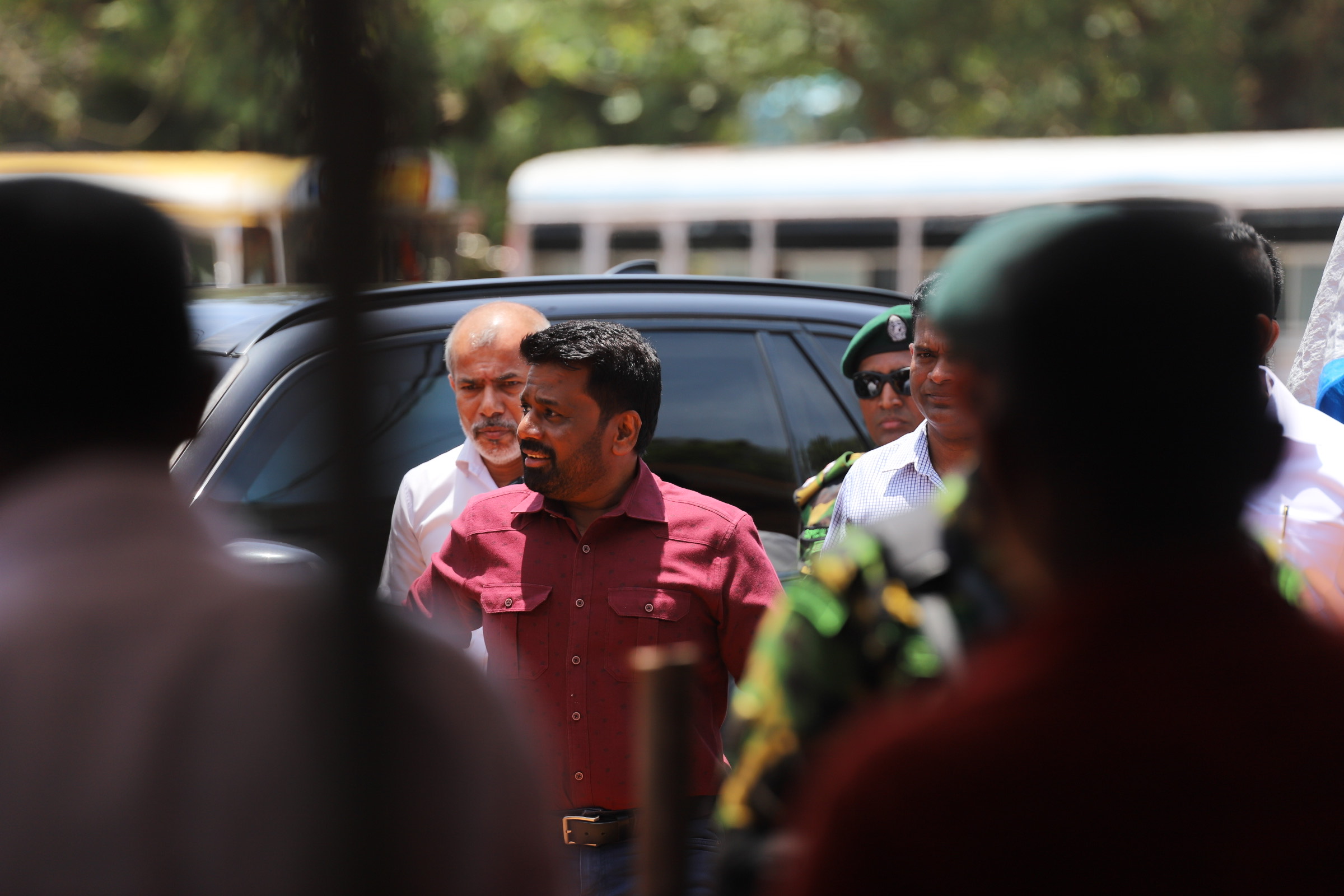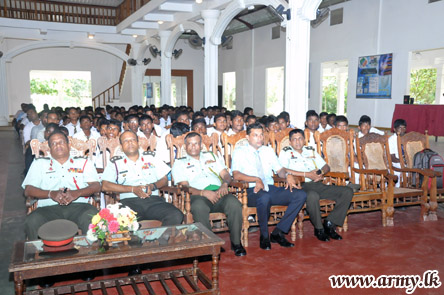A “silent war” through the military occupation of Tamil land in Sri Lanka continues to seek “Sinhalese domination in former Tamil homelands,” found a report by a US think tank, the Oakland Institute.
The Long Shadow of War: Struggle for Justice in Post War Sri Lanka, released on Thursday, highlighted that at least 160,000 military Sinhalese soldiers remained in the Tamil north-East of Sri Lanka, with the military involved in processes that seized land from local populations and “systematically” suppressed Tamil culture and history.
The Oakland Institute’s executive director, Anuradha Mittal, noting that the new Sri Lankan government’s action ‘rebuffs the current government pledges to credibly investigate alleged war crimes, called on the international community to ensure the rights of minorities were protected.
In a press release launching the report, she added,
“This is a vital moment for the future of Sri Lanka. Until the new government takes decisive action to curtail and reverse the colonization process, truly replacing the culture of impunity with a culture of responsibility and accountability, there is little hope that the Tamils and other minorities will be treated justly. It should be the responsibility of the international community, and not a political dilemma, to ensure the human and land rights of the minorities in Sri Lanka.”
Noting demographic changes in the eastern provinces, the report found that some areas had seen the Tamil population halve due to state actions.
Commenting on post-conflict “Sinhalisation” of the North-East the US think-tank found that Sri Lanka had used anti-terrorism to justify the destruction of memorial sites for ex-LTTE cadres and the “ongoing militarisation of the North and takeover of Tamil lands.”
Between December 2014 and January 2015 the Oakland institute carried out research and fieldwork to document the state of land conflicts and displacement.




